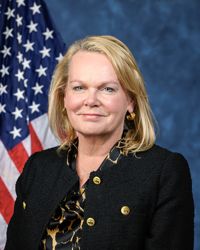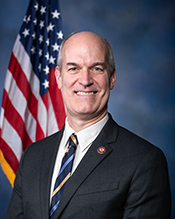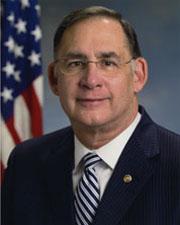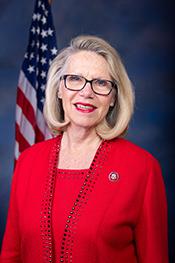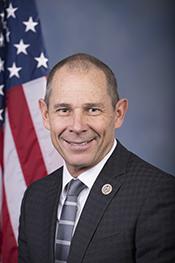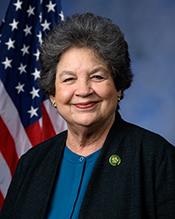H.R. 1402: Transparency In Charges for Key Events Ticketing Act
This bill, known as the Transparency in Charges for Key Events Ticketing Act (TICKET Act), aims to enhance transparency in the ticketing industry by imposing specific requirements on sellers of event tickets. Below are the main provisions of the bill:
All-Inclusive Ticket Price Disclosure
The bill mandates that a ticket issuer, secondary market ticket issuer, or secondary market ticket exchange must display the total event ticket price clearly and prominently in all advertisements and during the ticket purchasing process. This includes:
- The total event ticket price must be displayed in any advertisement or price list.
- The total event ticket price must be shown to individuals at the initial display and throughout the purchase process.
- Buyers must receive an itemized list that separates the base price of the ticket from additional fees prior to completing the purchase.
Speculative Ticketing Ban
The bill prohibits the sale of tickets for events that the seller does not possess. However, secondary market ticket issuers are allowed to offer services to help individuals obtain tickets if certain conditions are met:
- The service cannot be marketed as selling an event ticket.
- There must be a clear distinction between the service offered and actual event tickets.
- Clear disclosure that the service does not guarantee the purchase of a ticket is required.
Disclosure Requirements
There are several disclosure requirements that must be followed:
- For resale tickets, clear statements must inform consumers that the seller is engaged in secondary sales.
- Sellers must not falsely claim to be affiliated with venues, teams, or artists without proper consent.
- Names of venues cannot be used in URLs or domain names unless authorized.
Refund Requirements
The bill sets forth specific requirements for handling cancellations or postponements of events:
- If an event is canceled, consumers must receive a full refund of the ticket price.
- If an event is postponed and the ticket is no longer valid, purchasers can opt for either a full refund or a replacement ticket for the rescheduled event.
- Buyers must be clearly informed about the guarantee and refund policies before completing a ticket purchase.
- Accurate instructions on how to obtain refunds must be provided before the completion of the sale.
Reporting and Enforcement
The Federal Trade Commission (FTC) is tasked with reporting on the enforcement of existing ticket sales regulations and may use its authority to enforce the requirements laid out in this bill as violations of unfair or deceptive practices. This includes applying the same powers and procedures used under the Federal Trade Commission Act.
Definitions
The bill includes definitions for key terms like:
- Artist: Includes performers, musicians, and similar entities.
- Base Event Ticket Price: The price of the ticket excluding additional fees.
- Event: Any scheduled live activity, such as concerts or sports, at a venue with more than 200 persons capacity.
- Event Ticket Fee: Any charge required in addition to the base price. This includes service fees and delivery fees.
Relevant Companies
- LYV (Live Nation Entertainment, Inc.): A primary player in ticket sales and event promotion that may face increased regulation and operational changes in how tickets are marketed and sold.
- TKT (Ticketmaster): As a major ticketing service provider, Ticketmaster may have to adjust its practices to comply with new disclosure requirements and refund policies.
This is an AI-generated summary of the bill text. There may be mistakes.
Sponsors
3 bill sponsors
Actions
6 actions
| Date | Action |
|---|---|
| Apr. 24, 2025 | Placed on the Union Calendar, Calendar No. 43. |
| Apr. 24, 2025 | Reported by the Committee on Energy and Commerce. H. Rept. 119-66. |
| Apr. 08, 2025 | Committee Consideration and Mark-up Session Held |
| Apr. 08, 2025 | Ordered to be Reported by Voice Vote. |
| Feb. 18, 2025 | Introduced in House |
| Feb. 18, 2025 | Referred to the House Committee on Energy and Commerce. |
Corporate Lobbying
3 companies lobbying










